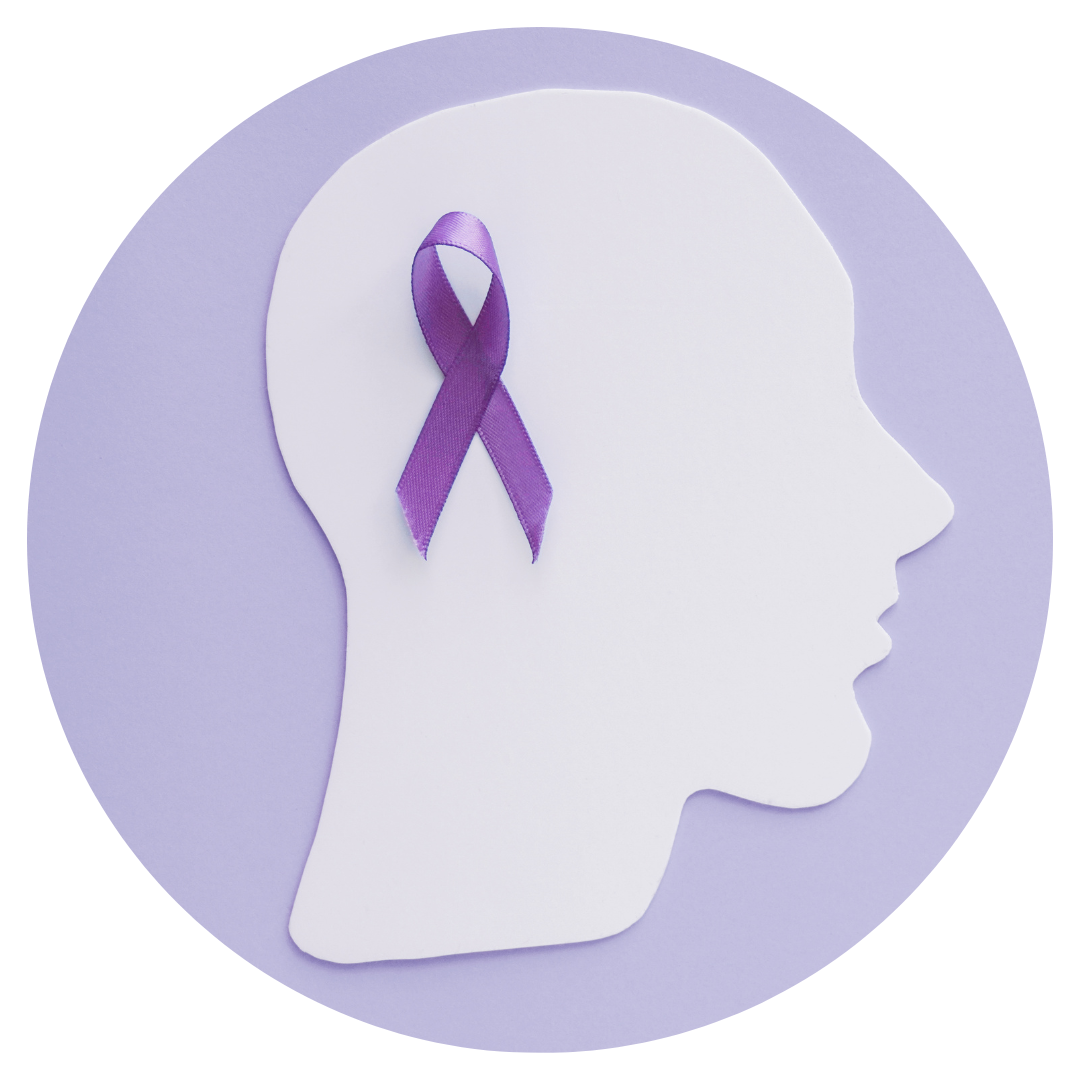BLOG
Living, healing and thriving after covert abuse.

JUNE 6 2023
Healing Together: Domestic Violence Support Groups Online
While recovering from an emotionally abusive and toxic relationship, I started to wonder if it would be helpful to look for domestic violence support groups online. What I found is something I wish to share with everyone who has been affected by domestic violence - there is hope! You are not alone, and there are entire communities who want to support you as you heal, grow and thrive. If you are starting your search for domestic violence support groups online, here are a few considerations that may assist you in finding the right resources for you.
Privacy and Anonymity
Privacy is a crucial aspect to consider when seeking support online. Domestic violence survivors often prioritize their safety and may be hesitant to share their experiences openly. Look for support groups or platforms that prioritize anonymity, allowing you to participate without revealing your identity if you so choose. In this space, signing an NDA is a common practice to help maintain a formal agreement ensuring safety and anonymity. Online support groups help provide a safe space where you can freely express yourself, share your stories, and receive support without the fear of judgment or exposure.
Professional Guidance and Peer Support
The ideal online support group should provide a combination of professional guidance and peer support. Trained professionals, such as therapists or counselors, can offer valuable insights, coping strategies, and resources to help you navigate the healing process. Peer support, on the other hand, connects you with advocates who have experienced similar situations, fostering a sense of solidarity and understanding. Together, these elements create a well-rounded support system that addresses both your emotional and practical needs.
Diverse Community and Inclusivity
Domestic violence affects individuals from all walks of life, regardless of their age, gender, race, or sexual orientation. It is important to find a support group that embraces diversity and inclusivity. Look for platforms that promote a safe and inclusive environment, where everyone's experiences and perspectives are respected. Connecting with individuals from diverse backgrounds can provide a broader perspective and enrich your healing journey.
Resources and Educational Materials
A comprehensive online support group should offer a wide range of resources and educational materials to empower survivors. These resources might include articles, videos, books, and practical guides that address various aspects of domestic violence recovery. Educational materials can provide information about the dynamics of abusive relationships, the impact of trauma, self-care techniques, legal rights, and avenues for seeking professional help. Access to such resources equips survivors with knowledge and tools to make informed decisions and regain control over their lives.
Flexibility and Accessibility
Online support groups provide a unique advantage of flexibility and accessibility. Survivors may find it challenging to attend in-person meetings due to time constraints, geographical limitations, or concerns about safety. With online groups, you can participate from the comfort of your own home, eliminating barriers that may hinder your engagement. Look for support groups that offer multiple meeting times and formats, accommodating different schedules and time zones, to ensure you can access the support you need when you need it.
Safety Measures and Moderation
Safety should always be a top priority in online support groups. Ensure that the platform you choose has clear guidelines and policies in place to protect its members from any form of harassment, abuse, or trolling. Moderation and active monitoring of the group can help maintain a supportive and respectful environment. This ensures that the focus remains on healing and growth, providing survivors with a safe space to share their stories and receive validation.
Ongoing Support and Long-Term Connections
Recovery from domestic violence is a journey that requires ongoing support and long-term connections. Look for support groups that offer consistent opportunities for engagement, such as regular meetings, discussion forums, or chat rooms. Building connections with others who understand your experiences can be instrumental in your healing process. Additionally, consider whether the support group provides follow-up resources or transitional support, helping you transition into a life that fully supports your right to be free and safe in your own home.
Resources:
